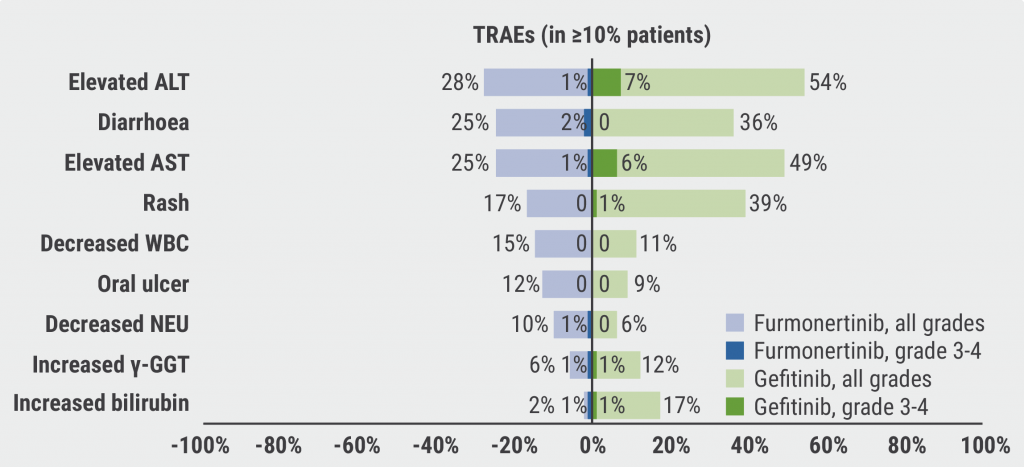The treatment, Fasenra, showed a statistically significant improvement in treating patients with severe bilateral nasal polyposis that were still symptomatic despite continued treatment with standard of care.
In the study, Fasenra was effective in treating the size of nasal polyps and nasal blockage in patients with chronic rhinosinusitis with nasal polyps, the company said.
Chronic rhinosinusitis with nasal polyps (CRSwNP) is characterised by a persistent inflammation of the mucous membrane lining the nasal passages and sinuses accompanied by benign growths.
Treatment options for the condition are currently limited and surgery to remove the polyp tissue may also be required for severe cases. However, polyps have a strong tendency to reoccur often leading to repeat surgery.
Earlier this year, GlaxoSmithKline's Nucala, which is also being tested as a treatment for a similar indication, showed promise in a late-stage study.
Fasenra is currently approved as an add-on maintenance treatment for a severe form of asthma in the U.S., EU, Japan and other countries.
By Reuters Staff
Posted on
Previous Article
« Biomarkers predicting motor function in SMA Next Article
Accurate prediction of bladder-cancer response to neoadjuvant chemotherapy remains elusive »
« Biomarkers predicting motor function in SMA Next Article
Accurate prediction of bladder-cancer response to neoadjuvant chemotherapy remains elusive »
Related Articles

November 7, 2018
Endoscopic treatment of emphysema

July 5, 2021
IPF patients benefit from early antifibrotic therapy
© 2024 Medicom Medical Publishers. All rights reserved. Terms and Conditions | Privacy Policy
HEAD OFFICE
Laarderhoogtweg 25
1101 EB Amsterdam
The Netherlands
T: +31 85 4012 560
E: publishers@medicom-publishers.com

